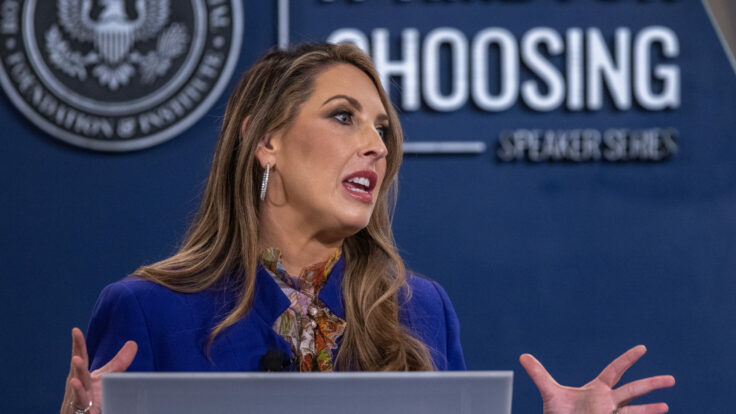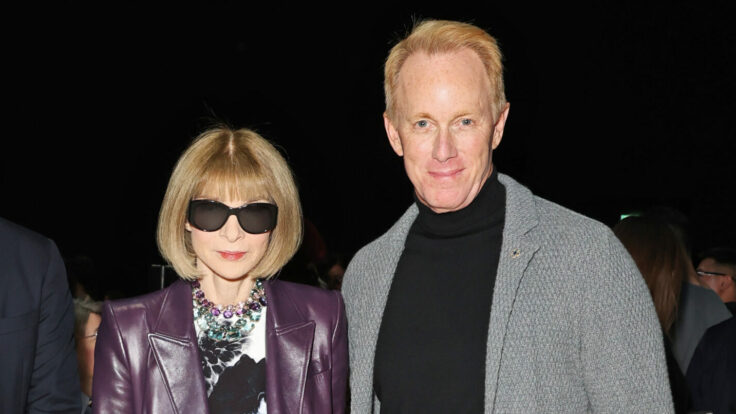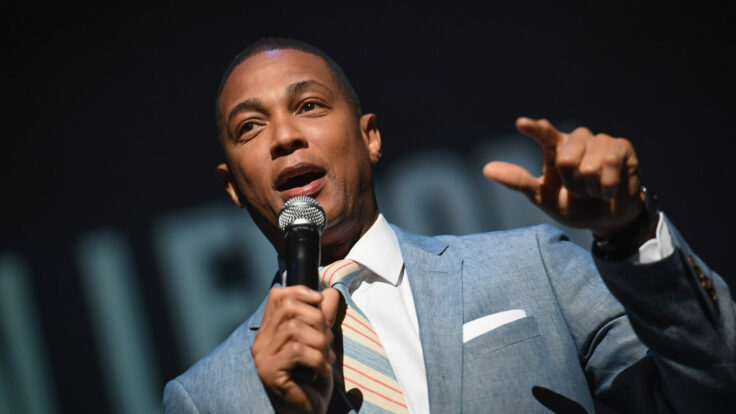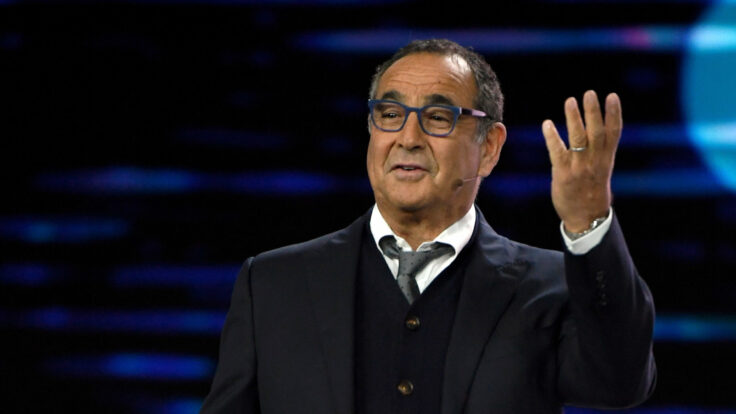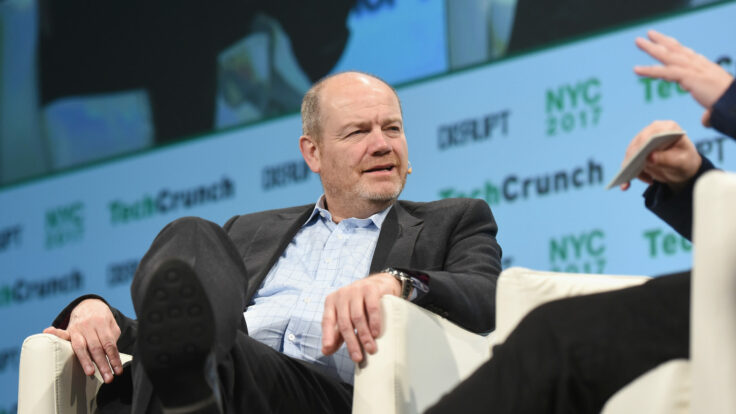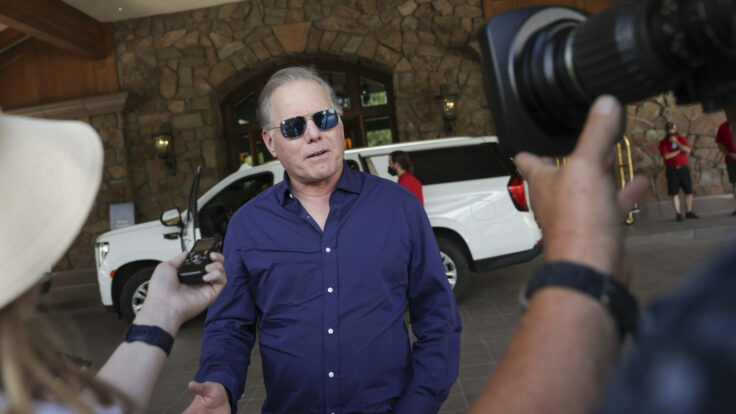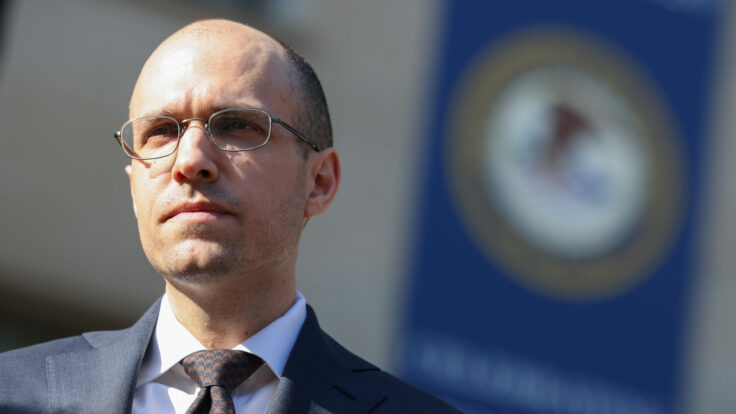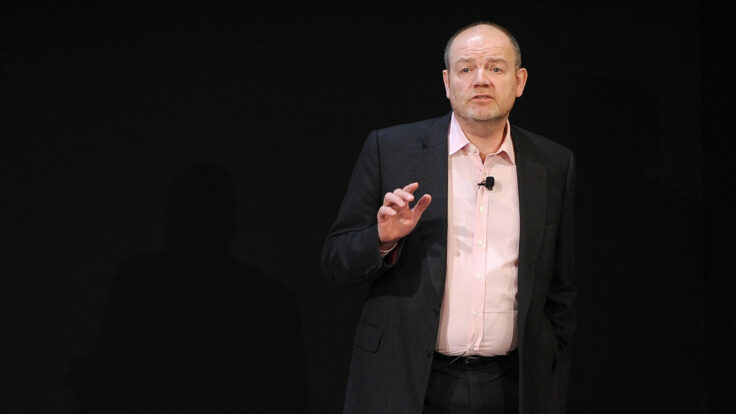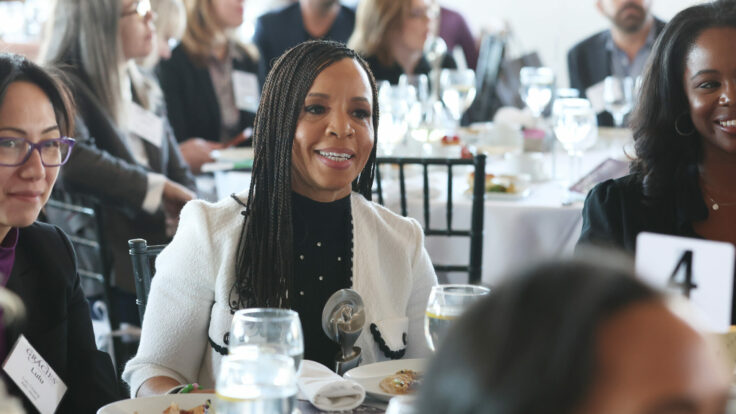One of the enduring charms of Washington D.C., where I lived from 2011 to 2014, and where I found myself this week, is the way its drab streets, dimly-lit bars and earnest Brooks Brothers-attired political-media class immediately envelop you in their own cozy myopia. Here, in the shadow of monuments appealing to a broader view of history and the world, is a town where insularity and incrementalism reign; where moods and conversations are determined by the daily news cycle; where an errant quote from either end of Pennsylvania Avenue can set off city-wide alarm; where cable news is still on, and its cast of characters intimately known; where almost everyone is referred to by their first name, because who else could one possibly be referring to; and where little that happens outside of l’Enfant’s four-quadrant grid is worth gossiping about, unless it happens on the campaign trail. Washington may be the heart of international democracy, but it’s also the world’s biggest high school cafeteria—obsessed with itself, its players and its institutions, alike.
One among these institutions is The Washington Post. After being acquired and resuscitated by Jeff Bezos, in 2013, the company was spurred to record growth by the overwhelming national interest in Trump, and widely celebrated for its editorial achievements under Marty Baron. Now, the paper still romantically linked to Woodward and Bernstein once again finds itself—somehow, bewilderingly—at an inflection point. The challenge this time around is hardly existential; after all, a 145-year-old institution owned by a 145-billion-dollar man, staffed with some of the nation’s best political and investigative reporters, isn’t exactly hanging by a thread. Nevertheless, the Post has challenges of direction and ambition stemming from the very parochialism that defines the town it calls home. And these challenges are amplified when its performance is juxtaposed with its biggest competitor, at least in the cultural imagination, The New York Times.






